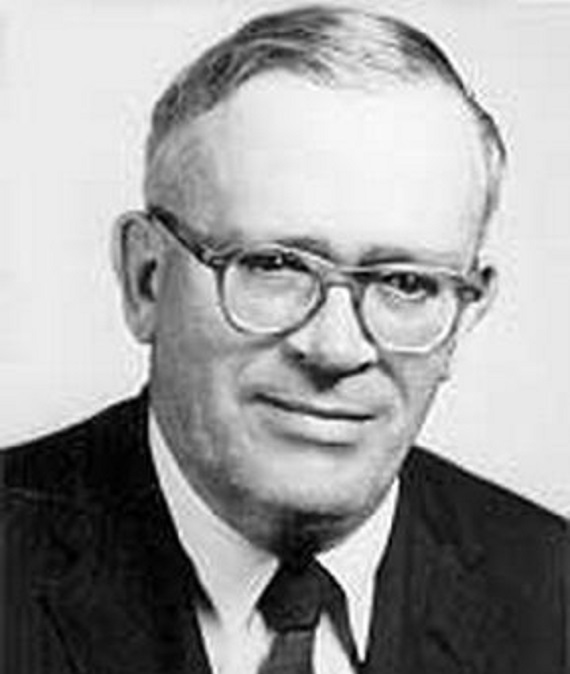
Fred Douglas Young, Richard M. Weaver, 1910-1963: A Life of the Mind. University of Missouri Press, 1995. 217; Joseph Scotchie, editor, The Vision of Richard Weaver. Transaction Publishers, 1995.
Early in the fall of 1939, while driving over “the monotonous prairies of Texas” to begin a third dismal year at Texas A & M with its “rampant philistinism, abetted by technology,” Richard Weaver had what he called, in retrospect, “my conversion to the poetic and ethical vision of life.” This conversion involved Weaver’s rejection of socialism and “the clichés of liberalism” in favor of a traditional Platonic-Christian vision of man and his position in a world whose fundamental laws are divine “givens” rooted in transcendent universals, “givens” which can be ignored or tampered with only at utmost peril. This truly radical conversion was the beginning of a long journey home.
Born on March 3, 1910, Richard Malcolm Weaver spent his early childhood in
Asheville and Weaverville, the latter town named for one of his ancestors whose father had been among the first settlers of western North Carolina. In the year after his own father’s early death in 1915, Weaver moved with three younger siblings to Lexington, Kentucky, where his mother worked for Embry and Company, a women’s store owned by her brother. But every summer as a boy he returned to Weaverville, a tradition he maintained throughout his professional life: nine months teaching at the University of Chicago, three months in the rural South tending his horse- or mule-plowed garden and writing essays.
More @ The Abbeville Institute

No comments:
Post a Comment